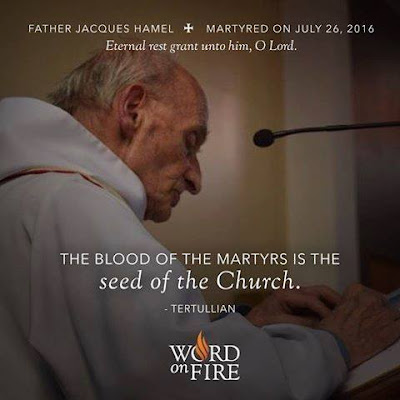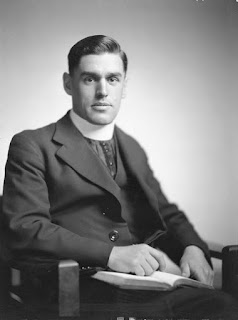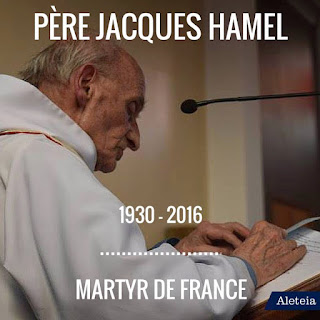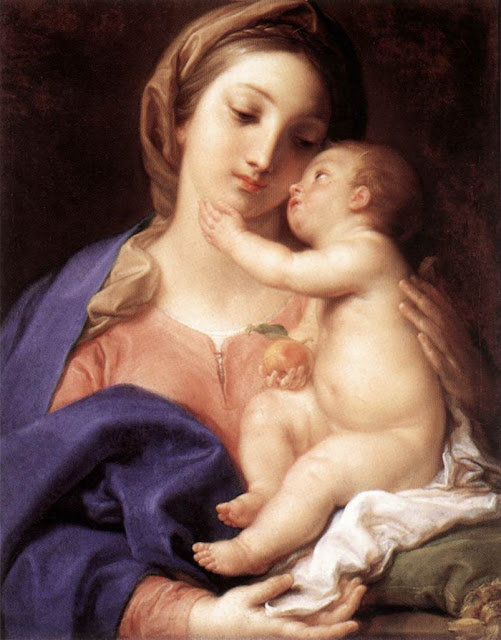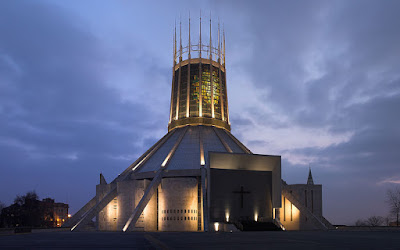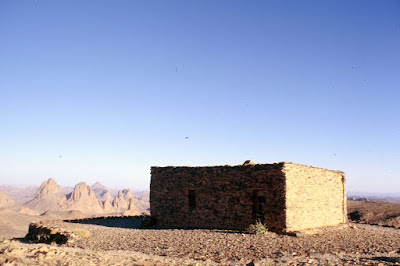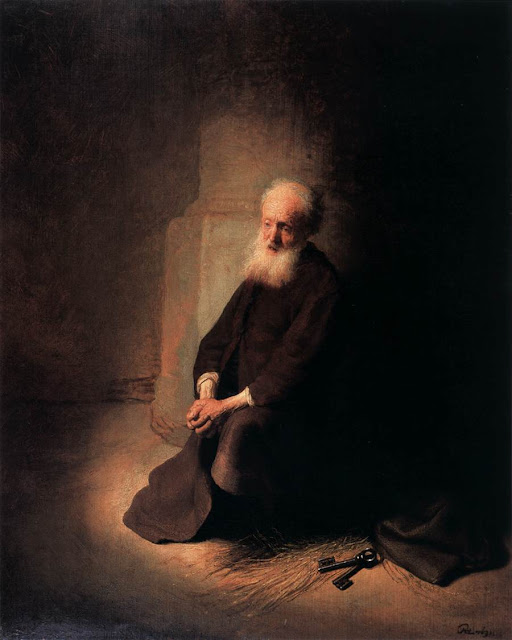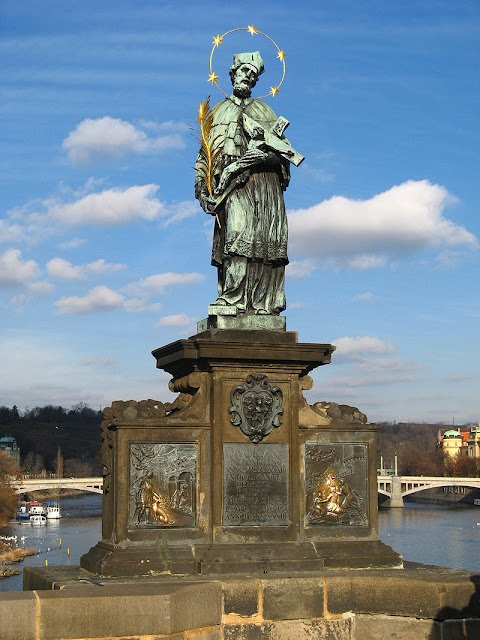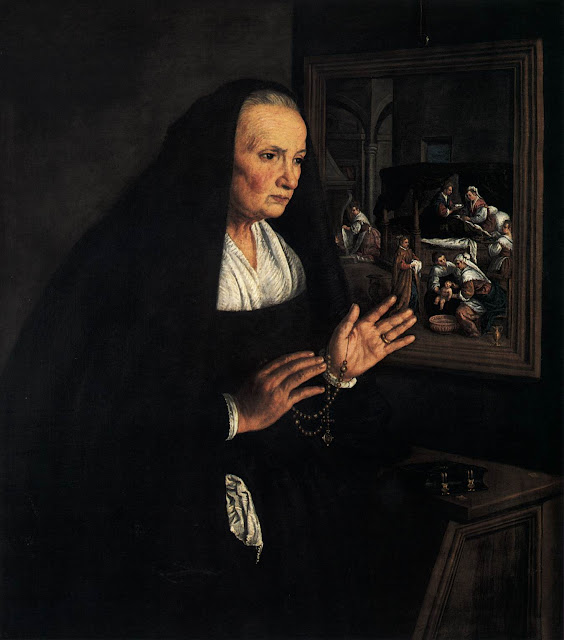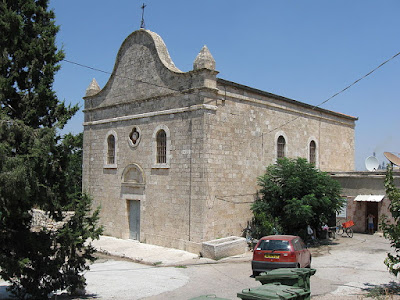‘For the Son of Man is coming at an unexpected hour.’ Sunday Reflections, 19th Sunday in Ordinary Time, Year C
St Francis and Brother Leo Meditating on Death
El Greco, 1600-02, National Gallery of Canada, Ottawa [Web Gallery of Art]
Readings (New American Bible: Philippines, USA)
Readings (Jerusalem Bible: Australia, England & Wales, India [optional], Ireland, New Zealand, Pakistan, Scotland, South Africa)
Gospel Luke 12:32-48 [or 12: 35-40] (New Revised Standard Version, Catholic Edition, Canada)
[For shorter version omit italics.]
Jesus said to his disciples: [“Do not be afraid, little flock, for it is your Father’s good pleasure to give you the kingdom. Sell your possessions, and give alms. Make purses for yourselves that do not wear out, an unfailing treasure in heaven, where no thief comes near and no moth destroys. For where your treasure is, there your heart will be also.]
“Be dressed for action and have your lamps lit; be like those who are waiting for their master to return from the wedding banquet, so that they may open the door for him as soon as he comes and knocks.Blessed are those slaves whom the master finds alert when he comes; truly I tell you, he will fasten his belt and have them sit down to eat, and he will come and serve them. If he comes during the middle of the night, or near dawn, and finds them so, blessed are those slaves.
“But know this: if the owner of the house had known at what hour the thief was coming, he would not have let his house be broken into. You also must be ready, for the Son of Man is coming at an unexpected hour.”
[Peter said, “Lord, are you telling this parable for us or for everyone?” And the Lord said, “Who then is the faithful and prudent manager whom his master will put in charge of his slaves, to give them their allowance of food at the proper time? Blessed is that slave whom his master will find at work when he arrives. Truly I tell you, he will put that one in charge of all his possessions. But if that slave says to himself, ‘My master is delayed in coming,’ and if he begins to beat the other slaves, men and women, and to eat and drink and get drunk, the master of that slave will come on a day when he does not expect him and at an hour that he does not know, and will cut him in pieces, and put him with the unfaithful. That slave who knew what his master wanted, but did not prepare himself or do what was wanted, will receive a severe beating. But the one who did not know and did what deserved a beating will receive a light beating. From everyone to whom much has been given, much will be required; and from the one to whom much has been entrusted, even more will be demanded.]

A stamp with Liam Whelan’s photo, issued by An Post, the Irish Postal Service, for the 50th anniversary of the Munich Disaster. The clock is in Old Trafford, the Manchester United stadium, showing the time and date of the crash.
You also must be ready; for the Son of Man is coming at an unexpected hour.
I’ve posted a number of times before about the death of Irish footballer Liam Whelan in a plane crash in Munich in 1958. His life and death for me show the meaning of the words of Jesus in the gospel today: You also must be ready; for the Son of man is coming at an unexpected hour. I’ll use here, with some changes, what I’ve posted before.
I remember the moment I heard of the crash that killed so many young sportsmen in their prime. It was late afternoon and already dark and a man whom I knew as a street-singer, someone I had perceived, wrongly perhaps, to be a beggar, was running around, almost frantically, telling everyone the tragic news. It was my first experience of what some call ‘a public private moment’.
‘If this is the end, then I’m ready for it’. (Posted 6 February 2008).
These were the last words of Liam Whelan who died more than 58 years ago and who is buried near my parents. Nine or ten years ago I learned that when they were both around 14 Liam rescued a close friend of mine who had got into difficulties in a swimming pool. [Brendan, my friend, celebrates his 80th birthday this Sunday. I have baptized two of his grandchildren in recent years].
The average age of Manchester United’s players was only 22. One who was only 21, Duncan Edwards, from the English Midlands, was considered by many to have the potential to become perhaps the greatest footballer ever. He died 15 days after the crash.
These young men who filled stadiums were being paid only £15 a week, a little more than a tradesman could earn at the time, though very few played beyond the age of 35. Endorsements could bring in a little more income for a few talented players r. Their counterparts today are often spoiled millionaires.
Those who knew him described Liam Whelan as ‘a devout Catholic’. I know that he sent his mother some money for her to go to Lourdes. 11 February 1958 was the centennial of the first apparition of our Blessed Mother to St Bernadette. Mrs Whelan, a widow since 1943 when Liam was 8, used the money instead towards a beautiful statue of Our Lady of Lourdes over the grave of her son (photo below). I pass it each time I visit my parents’ grave.
Clearly young Liam Whelan had his life focused on what was most important. He was ready to meet death. I have often spoken about him at Mass and on retreats. Today’s gospel invites us to focus on the essentials, God’s love for us sinners, the hope that the life and death of Jesus offer us, the necessity of acknowledging our sinfulness to enable God’s love to break through and the importance of being always prepared for death.
But the deaths of so many talented young men still leaves a deep sadness among those who saw them play and followed their fortunes. I feel that sadness when I recall the Munich crash. The February 2008 issue of The Word, a magazine that sadly no longer exists and that was published by the Divine Word Missionaries in Ireland and Britain, had an article, A Sporting Tragedy, in which John Scally spoke for me : Their funerals were like no other. Most funerals are a burial of someone or something already gone. These young deaths pointed in exactly the opposite direction and were therefore the more poignant. Normally we bury the past but in burying Liam Whelan and his colleagues, in some deep and gnawing way we buried the future.
I remember reading about Liam Whelan’s last words in a newspaper a few days after the tragedy. I’ve heard Harry Gregg, the Manchester United goalkeeper who survived the crash, speaking about them. They still move me and challenge me to be ready whenever death may come. Jesus isn’t trying to frighten us in today’s gospel but to keep us focused on the supremely important realities of The Four Last Things: Death, Judgment, Heaven and Hell. (That article by Monsignor Charles Pope is well worth reading).
Jesus tells us that when we are honestly trying to follow him in doing the Father’s will we are blessed: Blessed are those servants whom the master finds awake when he comes.
You also must be ready; for the Son of man is coming at an unexpected hour.
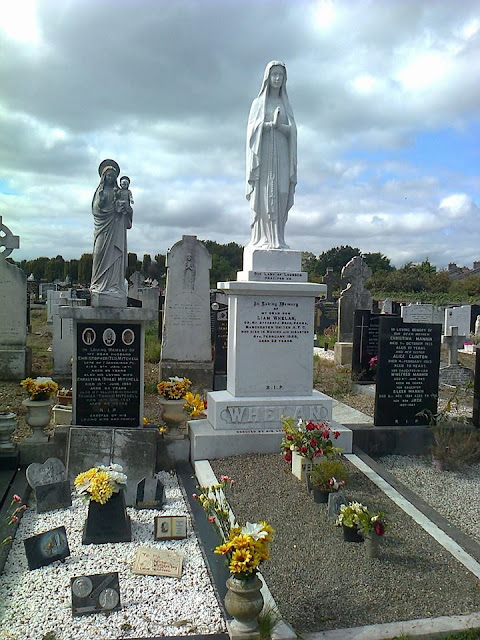
Liam Whelan’s grave, Glasnevin Cemetery, Dublin
Responsorial Psalm, NAB Lectionary


